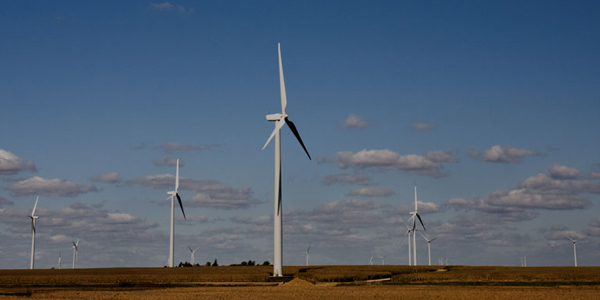By Tom Kleckner
Xcel Energy last week reported fourth-quarter earnings of $189 million ($0.37/share), down 16.7% from the same period last year.
But for the year, the Minneapolis-based company reported earnings of $1.15 billion ($2.25/share), up from $1.12 billion ($2.21/share) in 2016.
Both quarterly and yearly earnings dropped 5 cents because of a one-time expense related to the federal Tax Cuts and Jobs Act passed in December.
CEO Ben Fowke said during Xcel’s earnings call that the tax bill “provides the opportunity” to lower consumers’ bills and make additional investments “in areas that are important for our customers.”
The company is involved in pending rate cases in several of the states in which it operates, all of which were filed before the new tax legislation was proposed.
“In these cases, and in other jurisdictions, we’re having active discussions and formal proceedings with our regulators regarding the impacts of the Tax Cuts and Jobs Act and how we will provide the expected benefits to our customers,” CFO Bob Frenzel said. “Ultimately, tax reform results in lower taxes, lower deferred taxes and, correspondingly, lower cash flow metrics.”
The company said it expects to “moderate” its five-year capital expenditure plan by $500 million and issue up to $300 million of additional equity. It said it successfully completed CapEx 2020, a 13-year project involving more than 800 miles of transmission lines, $2 billion of investment and working with 11 different utilities.
The American Wind Energy Association’s top utility wind-energy provider for the 12th straight year, Xcel said its “Steel-for-Fuel” strategy — which replaces fossil fuel plants with wind turbines — resulted in regulatory approval for 1,550 MW of new wind resources in the Upper Midwest, a proposed 300-MW wind farm in South Dakota, and settlements in principle for 1,230 MW of wind in Texas and New Mexico during 2017.





